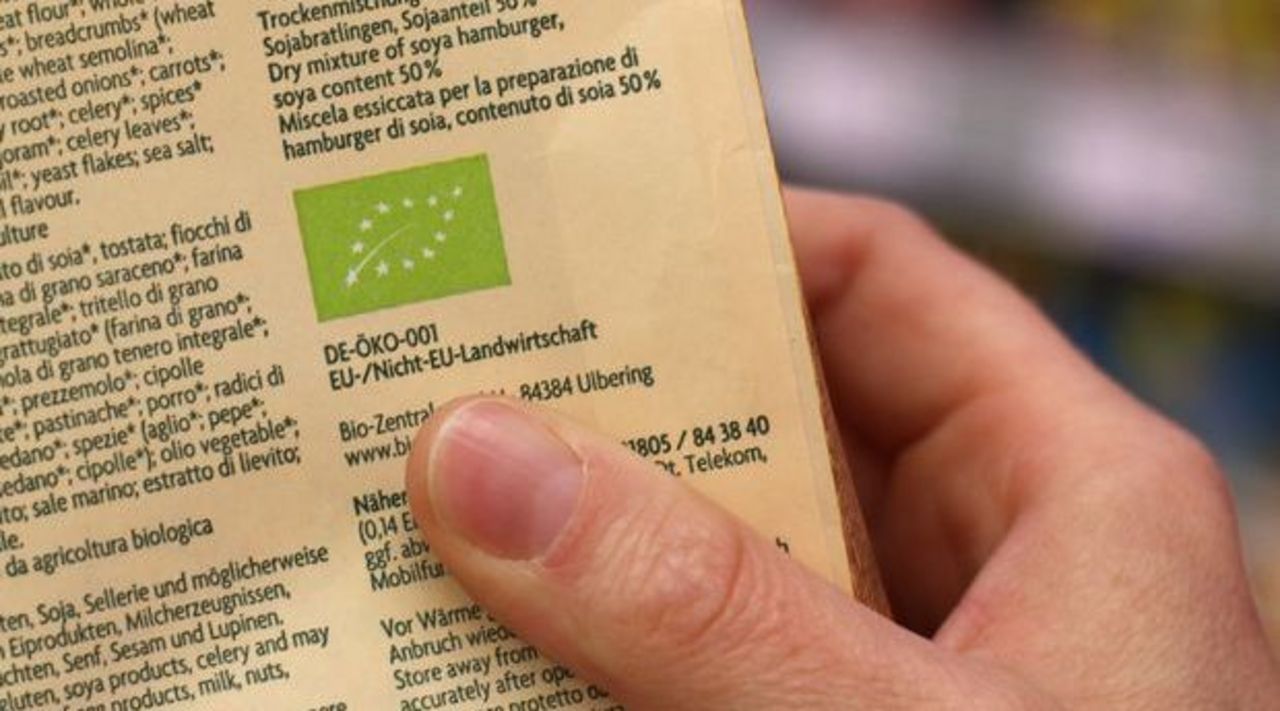Project
Evaluation of the EU Organic Regulation

The EU regulation on organic farming defines the legal framework of organic farming in Europe and aims to contribute to a sustainable development of the sector. How effective and relevant are the current rules and where is a need for a change?
Background and Objective
Organic farming has been regulated by EU law since the beginning of the 1990s. The uniform EU-wide laws for the production, control, labelling and import of organic products has been revised a number of times since their introduction and were replaced with the current Organic Regulation (EC) 834/2007. In light of the comprehensive legal changes and the growth of the organic industry, the question arises of how effective and relevant the current rules are. For this reason, the relevance and effectiveness of the production, control and labelling regulations, as well as determination with regard to trade with third party countries has been analysed.
Results
The results of the evaluation make clear that the aims and principles of organic farming are essentially well-anchored in the Regulation (EC) 834 2007. In different parts of the regulations however there is a need for adaptation and optimization.
Since single rules in the regulation can be interpreted differently, EU member states have implement some areas of the legal requirements differently. For this reason, the specific national and regional obligations reflect the aims and principles of organic agriculture to different extents. It is therefore necessary to define individual terms of the regulation more clearly and to draw the regulations more directly to the goals and principles of organic farming.
Further action is also needed in areas that up to now were not or were only non-specifically regulated. This, for example, includes energy consumption, water use or the farming of natural protection areas. Also, exceptions for the use of conventional production inputs like seeds, feed stuffs or young animals have proven to be problematic. The current rules have not led to a sustainable increase in the availability of these substances in organic quality. Eliminating these exceptions would make the supply of regional production factors more difficult – in particularly in the short-run.
In addition to the production rules, the Organic Regulation also includes rules on controls. According to the results of the evaluation, the organic control system is generally adequate, but could be optimized. In order to increase the effectiveness of controls, a risk-based approach is an option where the number of control visit is determined by the probability of an infringement. Furthermore in some Member States there are deficits in the supervision of the organic control bodies and information exchange. The identification of weak points also holds true for supervision systems in third countries. In addition, in some of these countries there are deficits in the implementation of specific prevention measures (for example the further training of the farmers), in the supervision of the control bodies in third countries and the follow-up of irregularities by the EU and the Members States.
The most “visible” aspect of the regulation for consumers is the labelling of organic products. For this reason, for example, since 2010, organic products are labelled with an EU organic logo in order to increase the visibility of the products in supermarkets throughout the EU. The logo (a stylized leaf of 12 stars on a green background) is however recognizable to only few consumers. In the framework of the evaluation survey only one quarter of the participants knew the meaning of the logo.
Thünen-Contact

Involved external Thünen-Partners
- Forschungsinstitut für biologischen Landbau (FiBL)
(Frick, Schweiz) - The Organic Research Centre
(Newbury, Großbritannien (inkl. Nordirland)) - Oréade-Brèche
(Auzeville, Frankreich) - Institute for European Environmental Policy, (IEEP)
(London, Großbritannien (inkl. Nordirland))
Duration
9.2012 - 12.2013
More Information
Project status:
finished
Publications to the project
- 0
Sanders J (2014) EU-Öko-Verordnung : Das soll die Reform bringen. DLG Mitt(10):18-21
- 1
Sanders J (2014) Gut - aber es geht noch besser : EU-Ökoverordnung. Ökologie & Landbau 171(3):31-32
- 2
Sanders J (2014) KOM-Vorschlag zur Revision der EU-Öko-Verordnung im Kontext der Erfahrungen aus 20 Jahre EU-Rechtsvorschriften : Paper prepared for the Totalrevision der EG-Öko-Verordnung: Gefahr oder Chance für die Bio-Branche? Braunschweig, 8th April 2014.
- 3
Sanders J (2013) Evaluation of the EU legislation on organic farming. Endbericht für die EU-Kommission. Braunschweig: Johann Heinrich von Thünen-Institut



![[Translate to English:] Logo des Bundesministerium für Ernährung und Landwirtschaft](/media/allgemein/logos/BMEL_Logo.svg)